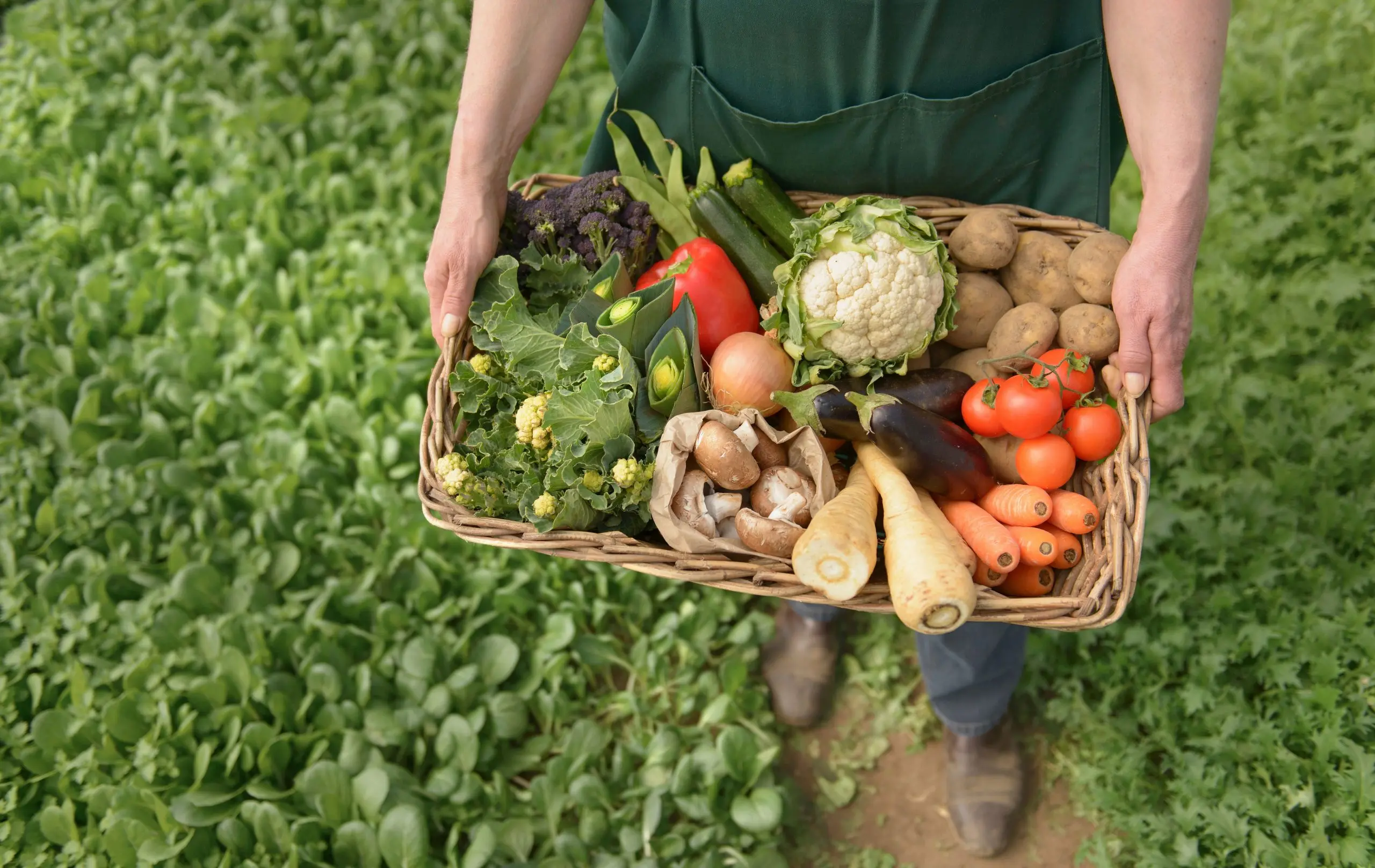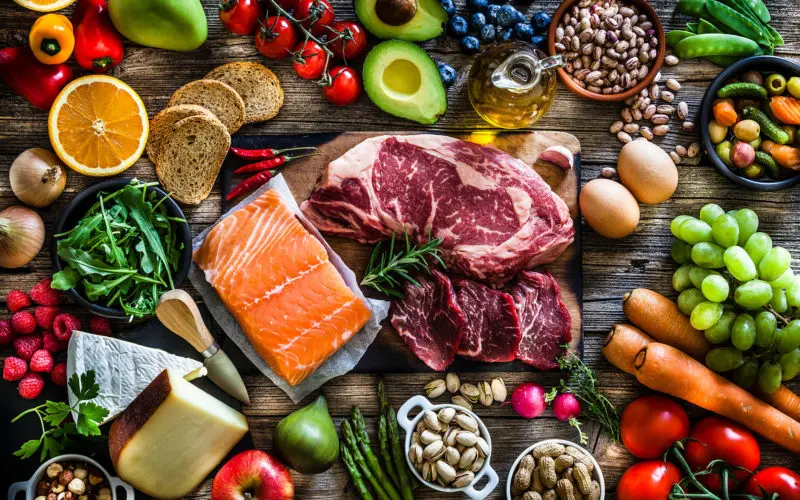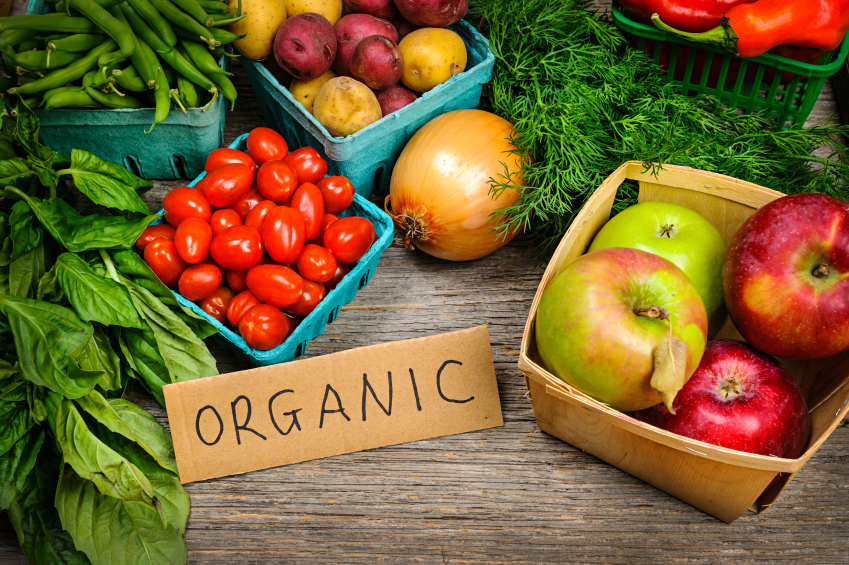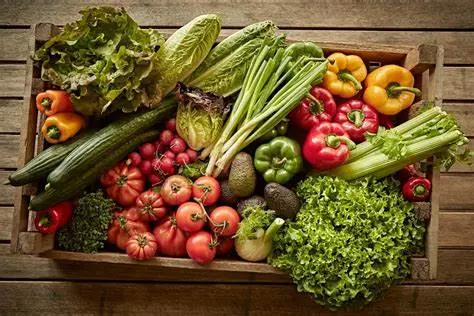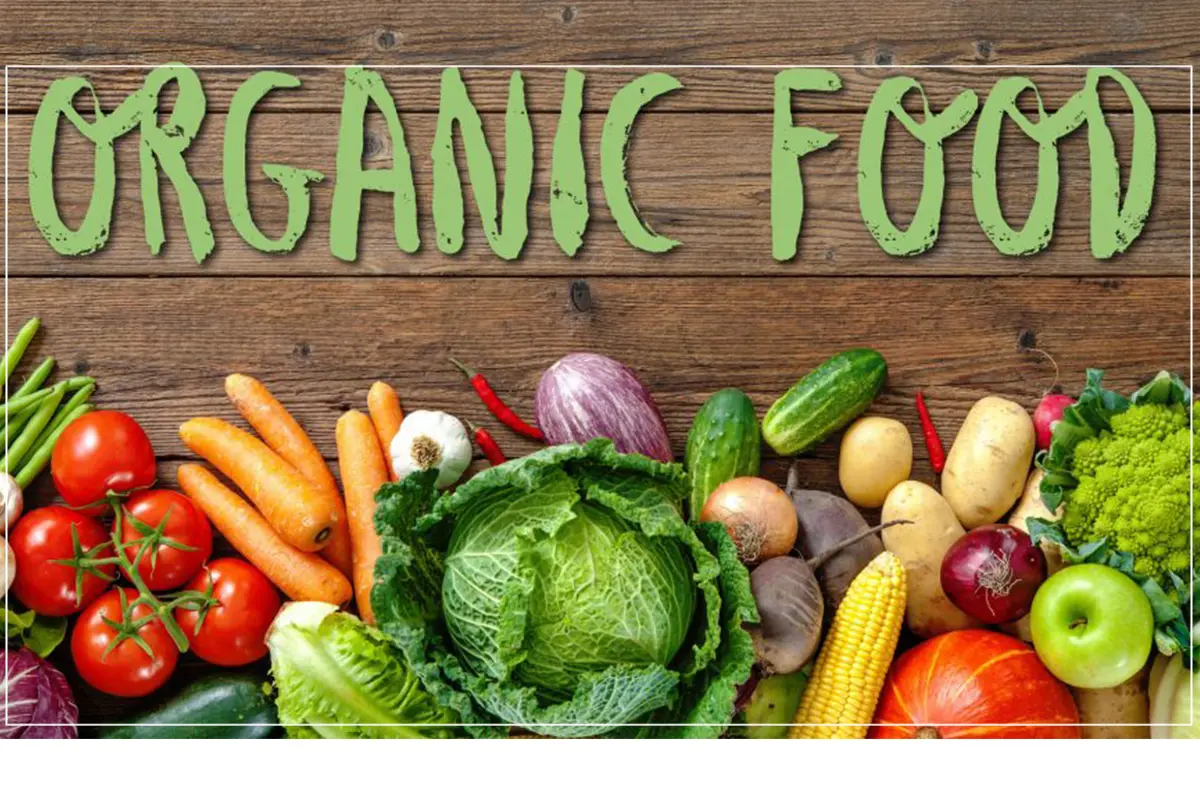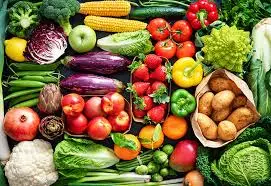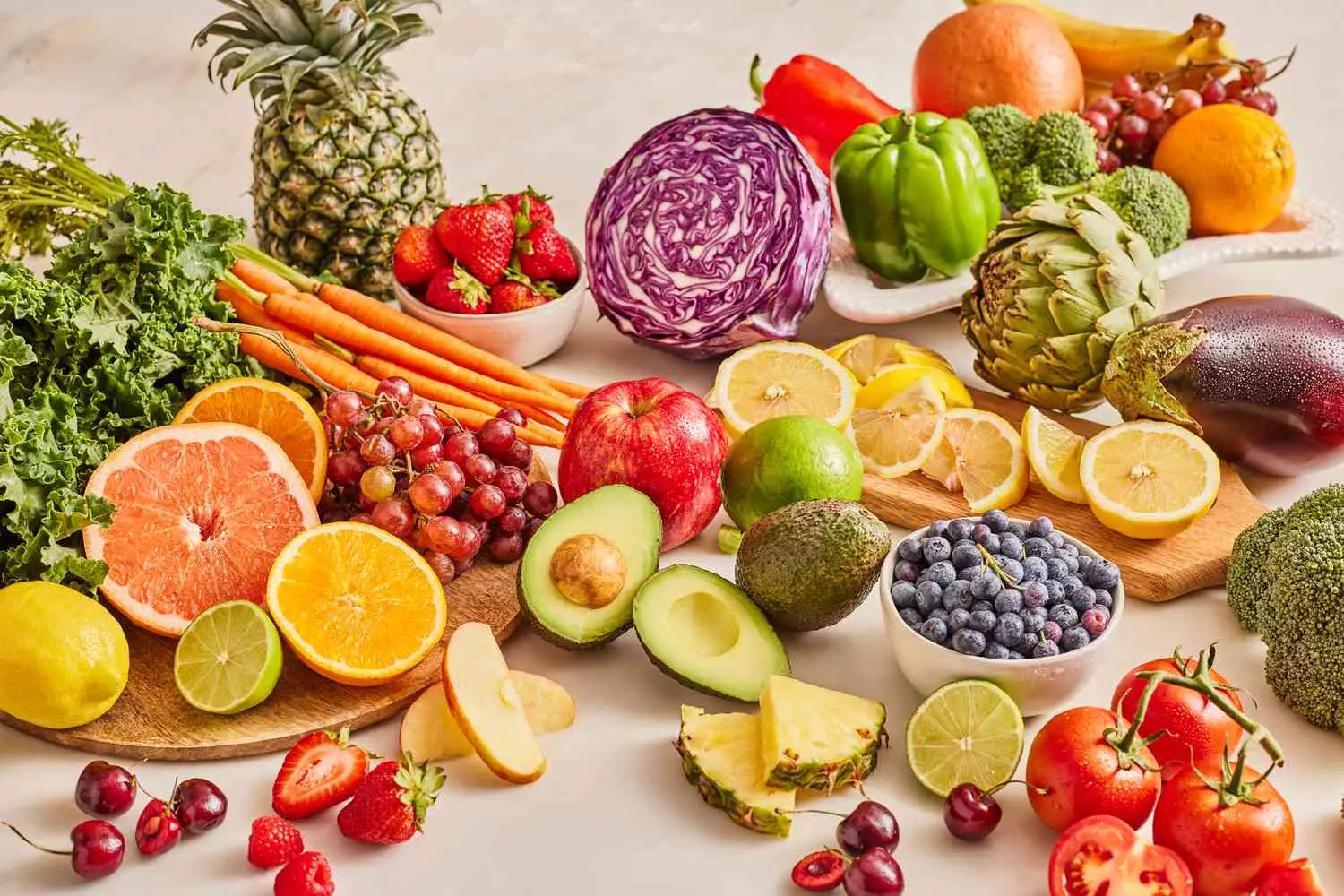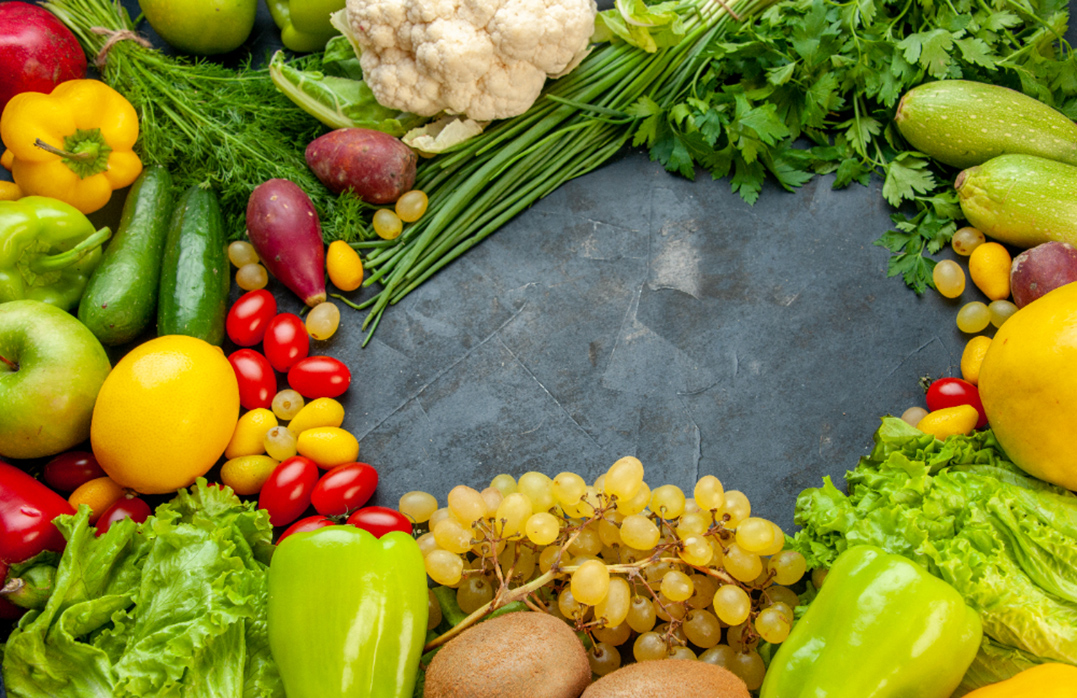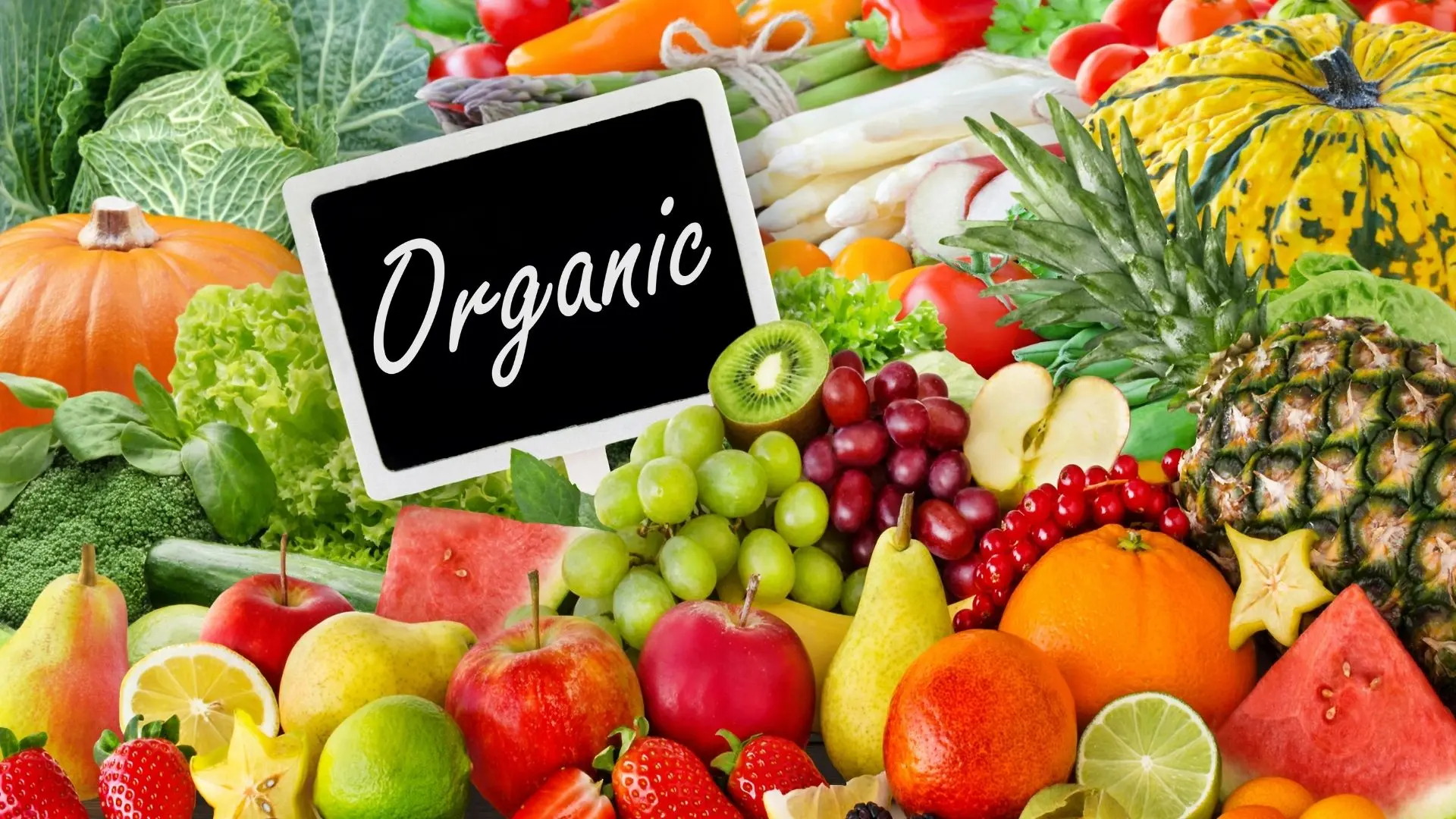
Understanding Your Baby's Nutritional Needs
Choosing the best organic baby food requires a thorough understanding of your baby's nutritional needs based on their age and developmental stage. Babies grow rapidly during their first year, and their dietary requirements change significantly as they transition from milk to solid foods. It’s essential to provide them with the right nutrients to support their growth, brain development, and overall health.
Age-Based Guidelines for Organic Baby Food
When selecting organic baby food, consider the following age-based guidelines to ensure your baby receives the appropriate nutrition:
| Age | Recommended Foods | Key Nutrients |
|---|---|---|
| 0-6 Months | Exclusive breastfeeding or iron-fortified formula | Protein, Iron, Omega-3 Fatty Acids |
| 6-8 Months | Pureed fruits (like apples and bananas), vegetables (like sweet potatoes and carrots), and single-grain cereals (like rice or oatmeal) | Vitamins A and C, Fiber, Iron |
| 8-10 Months | Mashed fruits and vegetables, and soft finger foods (like avocado or cooked peas) | Healthy Fats, Complex Carbohydrates, Protein |
| 10-12 Months | Chopped foods, including meats, dairy, and a variety of fruits and vegetables | Calcium, Iron, Zinc |
Why Choose Organic Baby Food?
Organic baby food is often recommended for several reasons:
- Free from Harmful Chemicals: Organic food is grown without pesticides, herbicides, and synthetic fertilizers, reducing your baby's exposure to potentially harmful substances.
- Nutrient-Rich: Organic farming practices can lead to higher nutrient levels in fruits and vegetables, providing your baby with essential vitamins and minerals.
- Better Flavor: Many parents find that organic baby food has a richer flavor, which can help develop a baby’s palate and encourage healthy eating habits as they grow.
Reading Labels: What to Look For
When choosing organic baby food, it’s crucial to read labels carefully. Here are some key points to consider:
- USDA Organic Seal: Look for the USDA Organic seal, which guarantees that the product meets strict organic standards.
- Ingredient List: Ensure the ingredient list is short and contains recognizable items. Avoid those with additives, preservatives, and artificial flavors.
- Age Appropriateness: Check if the food is suitable for your baby's specific age group, as some foods may be too complex for younger babies.
Homemade vs. Store-Bought Organic Baby Food
Another consideration is whether to prepare homemade organic baby food or purchase store-bought options. Each choice has its advantages:
Homemade Organic Baby Food
Making your own baby food allows you to control the ingredients and ensure they are fresh and organic. You can easily customize flavors and textures based on your baby's preferences and developmental stage. However, it requires time and effort to prepare and store.
Store-Bought Organic Baby Food
Store-bought organic baby food offers convenience and is often fortified with essential nutrients. Many brands provide a variety of flavors and combinations, which can introduce your baby to new tastes. Ensure you choose reputable brands that meet organic standards.
Introducing New Foods Safely
When introducing new organic baby food, it’s important to do so gradually. Follow these steps to safely incorporate new foods:
- One at a Time: Introduce one new food at a time and wait at least 3-5 days before adding another. This helps identify any potential allergies.
- Observe Reactions: Monitor your baby for any adverse reactions, such as rashes, digestive issues, or unusual behavior.
- Keep a Food Diary: Maintain a record of what your baby eats to track any patterns or reactions to specific foods.
Consulting with Your Pediatrician
Before making significant changes to your baby's diet or introducing new foods, it's always a good idea to consult with your pediatrician. They can provide personalized recommendations based on your baby's health, growth patterns, and any specific dietary needs.
Conclusion
Choosing the best organic baby food for your baby’s age and development is a crucial step in ensuring their health and well-being. By understanding their nutritional needs, reading labels carefully, and considering homemade options, you can provide your baby with the best possible start in life. Remember to introduce new foods gradually and consult with your pediatrician for tailored advice. Your efforts will help lay the foundation for a lifetime of healthy eating habits.

